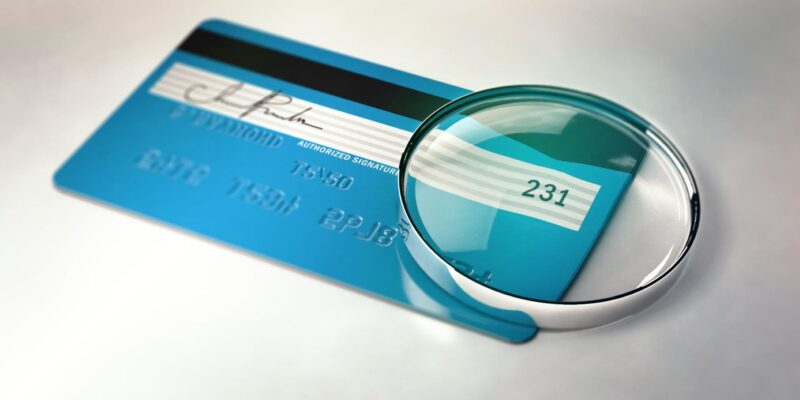Did you know businesses lose about $60 billion a year to preventable payment fraud? This…

What is AVS? Address Verification System Explained
Did you know that nearly three-quarters of e-commerce fraud happens with card-not-present transactions? In today’s digital world, the Address Verification Systems (AVS) are key for safe transactions and fighting credit card fraud. It’s important for online stores and customers to know about AVS to spot and stop fraud.
The Address Verification Service (AVS) helps merchants check if the billing address given by a cardholder is real. It compares the address given with the one on file with the bank. This helps make sure the card is really owned by the person using it. But how does it work, and why is it so important in stopping fraud? Let’s dive in!
Key Takeaways
- The Address Verification System system helps in preventing credit card fraud by verifying the billing address of the cardholder.
- AVS is an integral part of the authorization process for online transactions.
- It primarily serves the U.S., Canada, and the U.K., protecting merchants and consumers alike.
- Each transaction is assigned an AVS code, guiding merchants to approve or decline based on address validation results.
- While highly effective, Address Verification Systems have limitations, such as potential false declines.
- Top credit card companies like Visa, MasterCard, Discover, and American Express widely use Address Verification Systems for secure transactions.
Understanding the Address Verification System (AVS)
The Address Verification System (AVS) is a key security tool for online transactions. It checks the billing address against the bank’s records. This helps prevent fraud and ensures the transaction is safe.
AVS Meaning and Definition
Address Verification Systems started with mail-order transactions but now helps with online shopping too. It checks if the address given matches the bank’s records. This helps confirm the person making the purchase is the cardholder.
How AVS Works
Address Verification System use payment gateways to send verification requests during transactions. It checks the address and ZIP code against the bank’s database. Based on the match, merchants get AVS codes to decide if the transaction is approved or not.
Importance of AVS in Fraud Prevention
Address Verification Systems are key in stopping fraud. It adds an extra check to ensure transactions are valid. If there’s a chargeback, AVS results can help prove the transaction was legitimate. This keeps customers safe and builds trust.
How AVS Codes and Responses Work
Understanding AVS codes and responses is key for businesses that use credit card transactions. AVS response codes are single letters from the credit card issuer. They show how well the billing address matches the one on record. These codes are crucial for deciding if a transaction is okay or not.
AVS Response Codes Explained
AVS codes range from full matches to no matches at all. For example, a ‘Y’ code means both address and postal code match. But an ‘N’ code means neither does. Codes like ‘A’ show address matches but not postal codes.
These codes help merchants decide what to do with a transaction. They can choose to accept, decline, or ask for more info.
Example of AVS in Action
Imagine a customer buys something online and enters their billing info. The info is sent to the credit card issuer for a check. If the postal code is wrong, it might get a partial match (‘A’ code).
The merchant can then decide what to do next. They might review the transaction more or ask for more verification. These codes are also useful in disputes over transactions.
Limitations of Address Verification Systems
Address Verification Systems have their limits. It can flag real transactions if the issuer’s info is wrong. Also, it works less well outside the US because of different address formats.
So, while Address Verification Systems are useful, it’s just one part of a bigger plan to stop fraud. Businesses need to use many security steps to keep their transactions safe.



Comments (0)